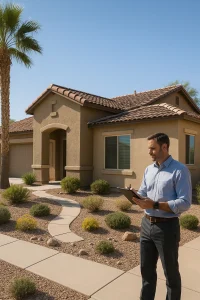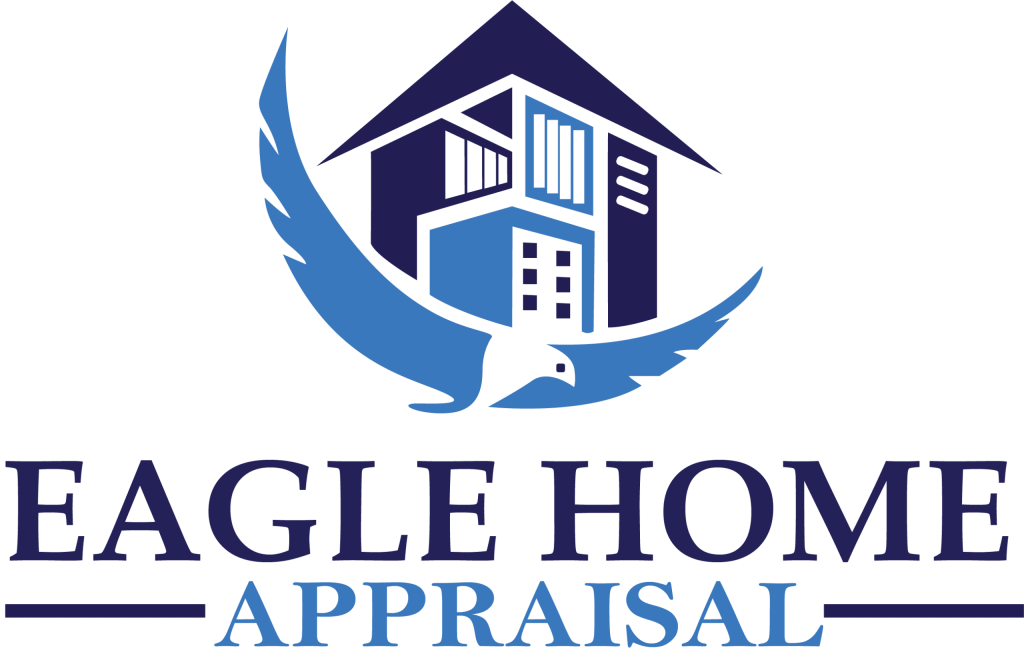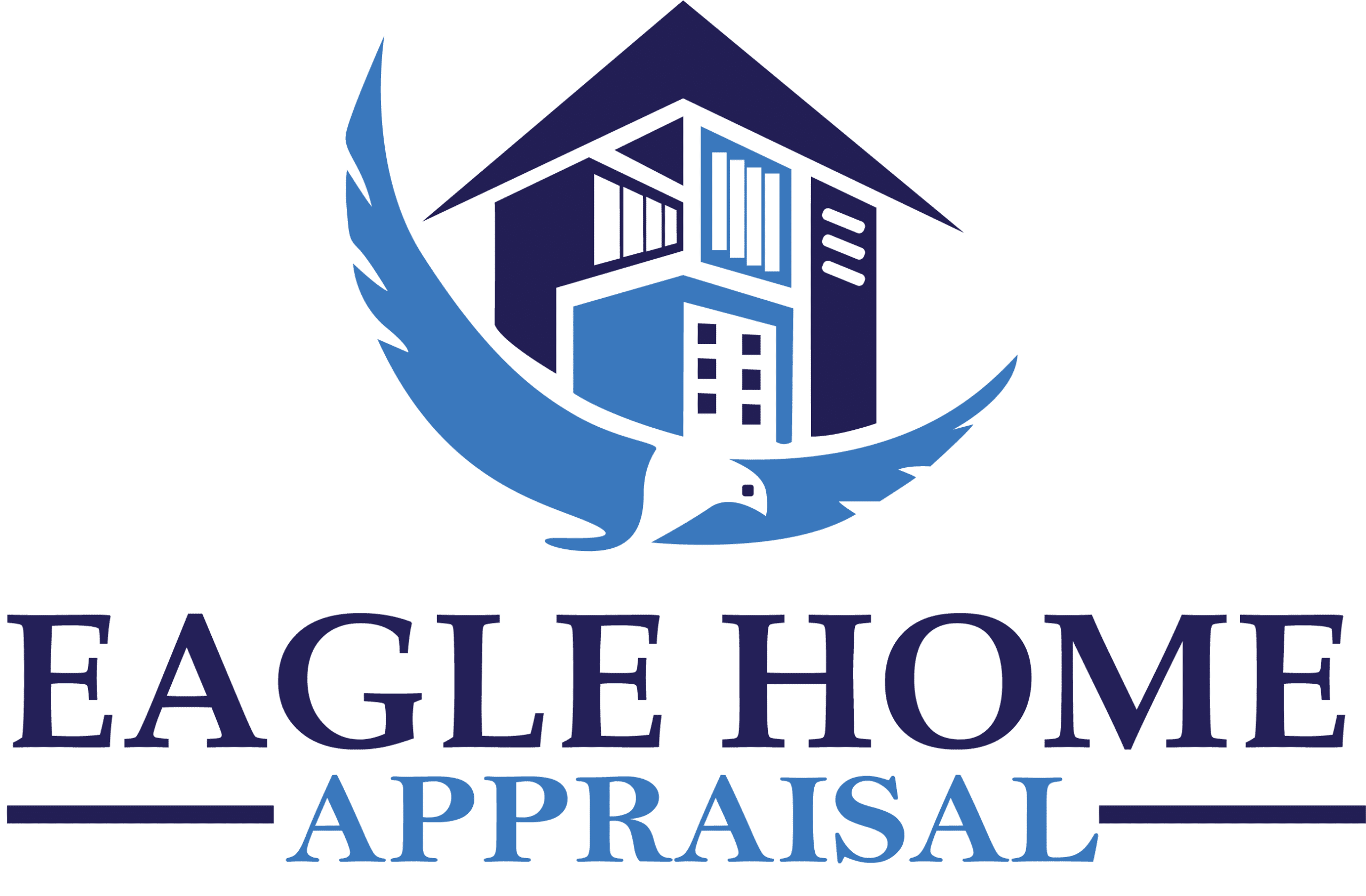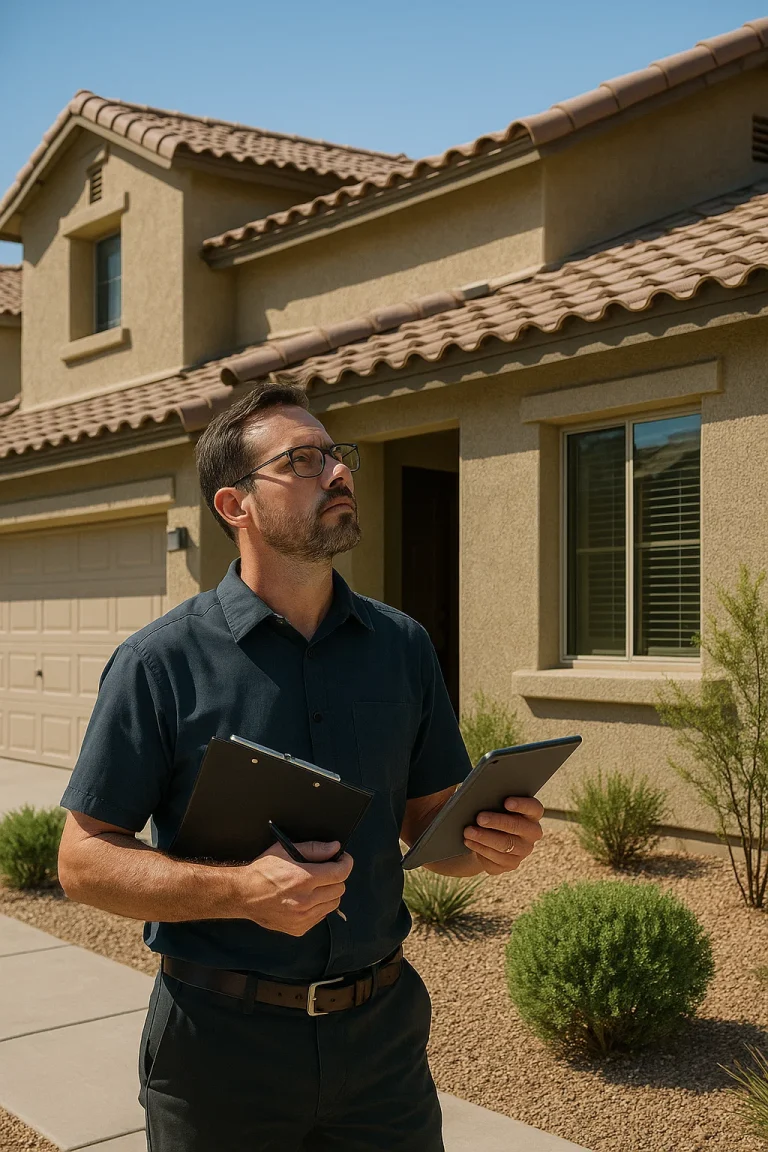Can Gilbert Home Additions Without Permits Hurt An Appraisal?
 Adding extra living space or remodeling a property is often one of the most exciting parts of homeownership. Whether you’re expanding a kitchen, adding a new bedroom, or converting a garage, improvements can increase both enjoyment and potential resale value. However, problems often arise when those home additions are built without the proper permits. A Gilbert licensed home appraiser can identify how unpermitted work affects your property’s value and help ensure everything meets local standards. In Gilbert, Arizona, where property values have steadily grown, unpermitted additions can complicate or even lower your home appraisal.
Adding extra living space or remodeling a property is often one of the most exciting parts of homeownership. Whether you’re expanding a kitchen, adding a new bedroom, or converting a garage, improvements can increase both enjoyment and potential resale value. However, problems often arise when those home additions are built without the proper permits. A Gilbert licensed home appraiser can identify how unpermitted work affects your property’s value and help ensure everything meets local standards. In Gilbert, Arizona, where property values have steadily grown, unpermitted additions can complicate or even lower your home appraisal.
In this guide, Eagle Home Appraisal Gilbert explains what every homeowner should know about unpermitted improvements, how they affect appraised value, and what steps you can take to protect your investment.
Understanding Home Permits in Gilbert
In Gilbert, permits are required for most structural, electrical, plumbing, and mechanical modifications. The Town of Gilbert’s Building and Safety Division ensures that residential projects comply with state codes for safety, quality, and zoning.
Homeowners sometimes skip permits to save money or time—especially for DIY projects or minor additions. Yet, unpermitted work means that no official inspection confirmed compliance with local standards. Over time, unverified construction can lead to structural problems or code violations that reduce property value and complicate future transactions.
Why Appraisers Value Permitted Additions Higher
Certified appraisers—such as the professional real estate appraisers at Eagle Home Appraisal Gilbert—follow strict Uniform Standards of Professional Appraisal Practice (USPAP) guidelines. When reviewing a property, we evaluate only legal, permanent, and verifiable improvements.
If an addition was completed without a permit, we cannot include that square footage in a home’s official living area. For example, an unpermitted 300-square-foot sunroom may be ignored when determining livable space. The result: your property might appraise like a smaller home, even if the addition improves comfort.
Moreover, because appraisers rely on comparable properties, unpermitted upgrades make finding accurate comparables challenging. This uncertainty adds risk, often leading to lower appraised values to remain conservative.
Common Types of Unpermitted Additions in Gilbert
In the East Valley, unpermitted additions often arise from well-intentioned homeowners who want to improve function or comfort. The most frequent types include:
- Garage conversions turned into living rooms or studios.
- Room additions like sunrooms or guest bedrooms.
- Covered patios or outdoor kitchens built without inspections.
- Bathroom or kitchen remodels with electrical and plumbing changes.
- Accessory Dwelling Units (ADUs) constructed in backyards.
While such upgrades may seem straightforward, most require multiple inspections—electrical, structural, and safety. Even attractive workmanship won’t offset the fact that unverified work violates city regulations, which can lead to a devaluation during appraisal.
How Unpermitted Work Impacts Gilbert Appraisals
During a professional appraisal, every addition must be supported by documentation. When additions are unpermitted, one of two things often occurs:
- The space isn’t included in the gross living area because it lacks legal standing.
- The appraiser documents it as “non-permitted” and adjusts value cautiously based on market evidence.
For instance, a 1,800-square-foot property with an unpermitted 300-square-foot guest suite might still appraise as a 1,800-square-foot home. That discrepancy means the homeowner loses equity simply because the improvement wasn’t legally established.
Additionally, lenders may refuse to finance or refinance homes with unpermitted work. That limits the buyer pool and may force sellers to reduce asking prices to attract cash buyers.
Safety and Legal Ramifications
Safety is one of the primary reasons permitting exists. When work bypasses city inspections, owners assume all liability for potential hazards such as:
- Unstable structural framing or improper load-bearing walls.
- Electrical wiring that fails safety codes.
- Plumbing defects leading to leaks or mold.
- HVAC systems installed without energy efficiency review.
If an unpermitted addition later causes fire, flooding, or injury, homeowner insurance might deny coverage. Unpermitted areas are often excluded from insurance policies entirely.
Moreover, Arizona law requires sellers to disclose any unpermitted work. Failure to do so can lead to legal disputes even after closing. In some cases, homeowners must demolish or rebuild those sections to meet current standards—a costly correction.
The Lender’s Perspective: Financing Challenges
From a lender’s standpoint, unpermitted additions represent collateral risk. Banks and mortgage companies rely on appraisals to determine if a property adequately secures a loan.
If part of the property isn’t legally recognized, lenders may:
- Exclude that area from valuation.
- Require corrective permits or retroactive inspections.
- Decline financing altogether.
In Gilbert’s competitive housing market, such issues can delay or derail closings. Even when buyers love a property, their financing might fall through if a low appraisal prevents approval. This highlights why homeowners planning refinancing, divorce settlements, or estate settlements should ensure all structures are properly documented.
Can You Fix an Unpermitted Addition?
Yes—but it often requires time, paperwork, and occasionally reconstruction. The Town of Gilbert allows retroactive permitting, sometimes called “as-built” permits. This involves submitting detailed site plans, scheduling inspections, and paying associated fees.
Depending on the condition and complexity of the work, inspectors might demand alterations to meet code. For homeowners, the best path is to work with qualified contractors or appraisal professionals who can guide compliance efforts before listing or refinancing.
Correcting permit issues before appraisal ensures that additions can legally count toward the official living area and fair market value.
How Eagle Home Appraisal Gilbert Approaches Unpermitted Work
At Eagle Home Appraisal Gilbert, we don’t just assess property value—we provide clarity and protection during complex valuation scenarios. Our licensed appraisers take a comprehensive, impartial approach, identifying whether any additions lack permits and how they impact valuation.
When unpermitted work is discovered, our reports clearly distinguish between permitted and non-permitted areas, ensuring transparency for lenders, attorneys, or courts. For divorce, estate, or IRS tax appraisals, this clarity reduces disputes and ensures compliance.
We also advise homeowners on steps to remediate unpermitted work or obtain retroactive clearance, ultimately helping preserve long-term property value. Our mission is to empower Gilbert residents with credible, defensible, and actionable valuations for every purpose—from refinancing to litigation support.
Tips to Protect Your Property’s Value
Keeping your home’s valuation intact requires proactive attention to documentation and maintenance. Here’s how to stay ahead:
- Always confirm permit requirements before starting any home improvement.
- Keep detailed records of building permits, inspection reports, and contractor licenses.
- Hire licensed professionals familiar with local codes.
- Request an appraisal consultation if you’ve purchased a property with unpermitted work.
- Disclose all known additions during sales or legal proceedings to avoid surprises.
When handled correctly, these precautions can prevent undervaluation and ensure your appraisal accurately reflects your property’s true worth.
Gilbert-Specific Market Considerations
The Gilbert housing market remains one of Arizona’s fastest-growing areas, known for its community amenities, school districts, and high property standards. However, because homes range from early 1990s builds to modern subdivisions, documentation consistency varies.
Local appraisers look closely at market expectations: buyers in Gilbert tend to prefer fully permitted, code-compliant renovations. In fact, homes with properly permitted additions typically sell faster and closer to asking price than those with ambiguous modifications.
Additionally, as municipal codes evolve—especially around energy standards and zoning—older homes with unverified expansions may appear outdated or non-compliant, further lowering market desirability.
Final Thoughts
In summary, unpermitted home additions in Gilbert can absolutely hurt your appraisal. Not only might unverified areas be excluded from square footage calculations, but they can also lead to financing issues, legal troubles, and increased insurance risks.
The smartest strategy is proactive compliance—always pull permits for significant modifications, keep documentation organized, and partner with qualified appraisers.
At Eagle Home Appraisal Gilbert, our certified professionals combine decades of experience with deep local market understanding. Whether you need a home appraisal for a sale, refinance, divorce, or IRS requirement, we provide dependable reports that stand up to scrutiny.
If you suspect an unpermitted addition may impact your home’s value, contact Eagle Home Appraisal Gilbert today. We’ll help you understand the true market impact—and ensure your next transaction proceeds with confidence, compliance, and peace of mind.
Divorce Appraisals
At Eagle Home Appraisal Gilbert, we specialize in providing expert divorce appraiser services, offering expert witness testimony when necessary.
Estate & Trust Appraisals
At Eagle Home Appraisal Gilbert, we offer a comprehensive range of professional estate appraisal services to facilitate estate and trust planning.
IRS & Tax Appraisals
At Eagle Home Appraisal Gilbert, we specialize in providing professional IRS tax appraisal services to minimize capital gains on inherited property.
Real Estate Appraisal
Eagle Home Appraisal is a group of independent fee appraisers committed to delivering competent, credible, and reliable appraisal reports.
Eagle Home Appraisal Services Near Me
Comprehensive Property Appraisals
Expert Witness Testimony
Fair Market Value Assessments
Rapid Turnaround Times
Customized Solutions
Contact Eagle Home Appraisal Today
For more information about our services, get in touch with Eagle Home Appraisal. Our team is dedicated to providing the best customer service, ensuring all your appraisal needs are met with professionalism and expertise. Contact us today to learn more about how we can assist you.
Get A Free Consultation

copyright @2025 all rights reserved | Privacy-policy



